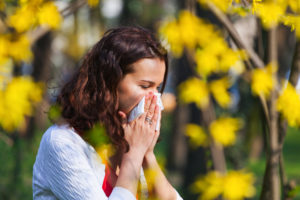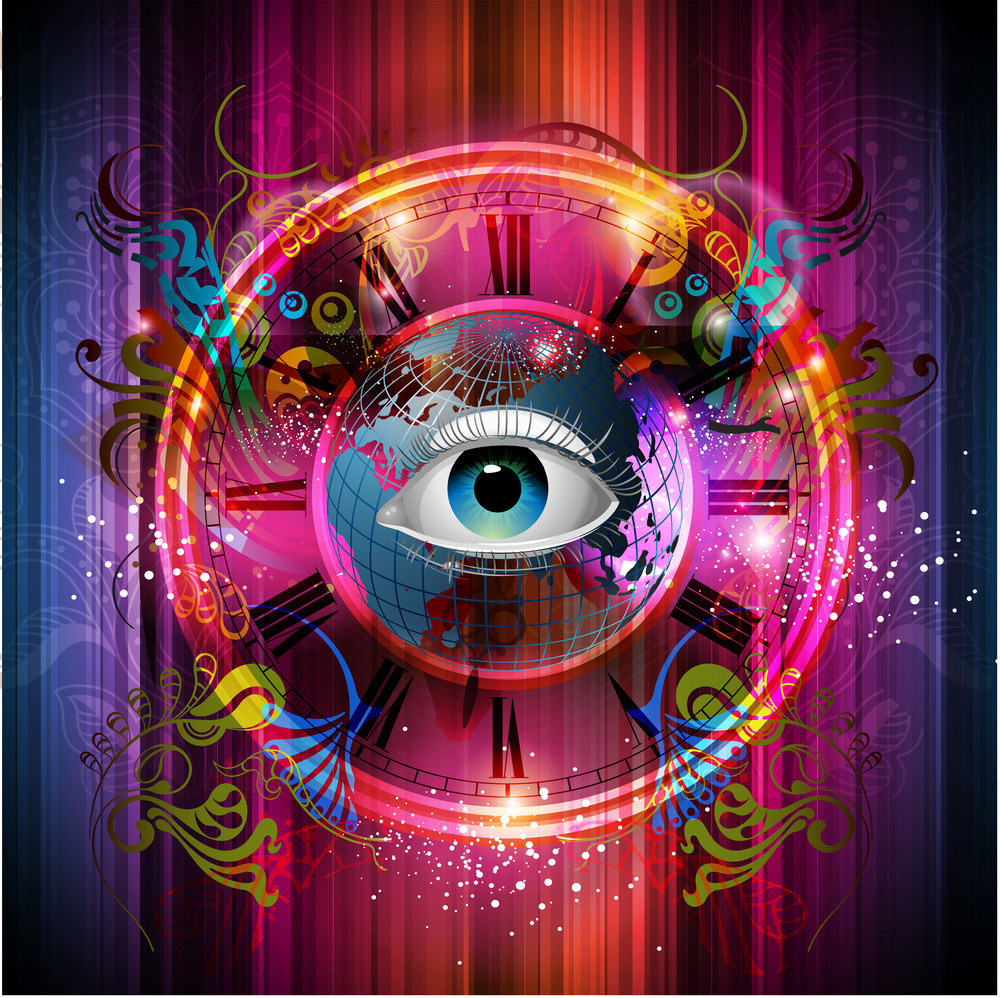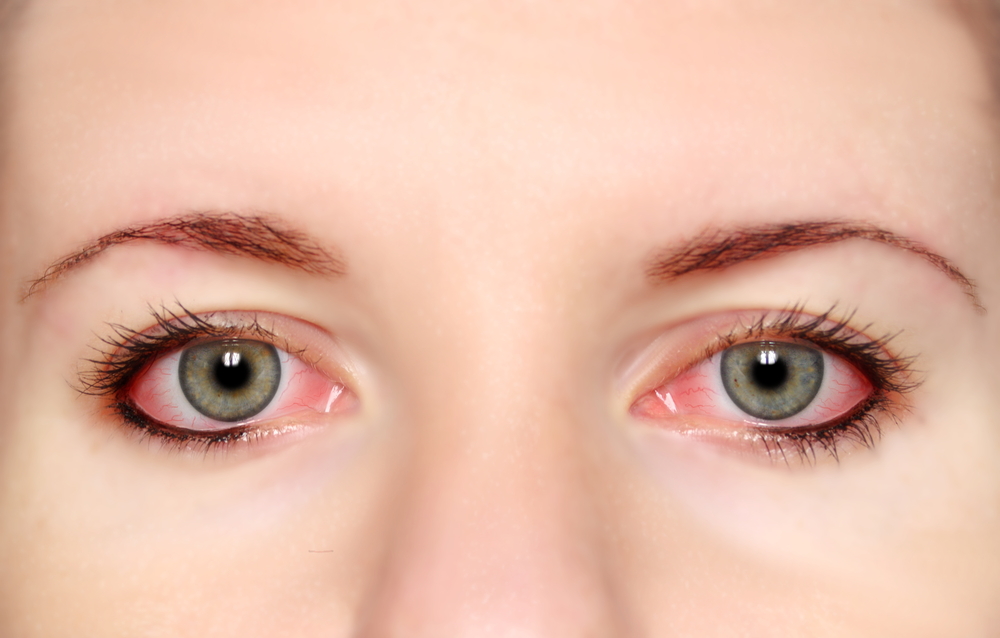 It seems like every season is allergy season. In the spring, it’s the tree and flower pollen. Summer adds grass pollen. In the fall, it’s weed pollen. People who have allergies have symptoms such as sneezing, sniffling, and nasal congestion, but allergies can affect the eyes, too. They can make your eyes red, itchy, burning, and watery, and cause swollen eyelids.
It seems like every season is allergy season. In the spring, it’s the tree and flower pollen. Summer adds grass pollen. In the fall, it’s weed pollen. People who have allergies have symptoms such as sneezing, sniffling, and nasal congestion, but allergies can affect the eyes, too. They can make your eyes red, itchy, burning, and watery, and cause swollen eyelids.
Here are 8 tips on how to get relief from Eye Allergies:
1. Get an early start. See your eye doctor before allergy season begins to learn how to reduce your sensitivity to allergens.
2. Try to avoid or limit your exposure to the primary causes of your eye allergies. In the spring and summer, pollen from trees and grasses are the usual suspects. Ragweed pollen is the biggest culprit in late summer and fall. Mold, dust mites and pet dander are common indoor allergens during winter.
3. Protect your eyes from airborne allergens outdoors by wearing wraparound-style sunglasses.
4. Don’t rub your eyes if they itch! Eye rubbing releases more histamine and makes your allergy symptoms worse.
5. Use plenty of artificial tears to wash airborne allergens from your eyes. Ask your eye doctor which brands are best for you.
6. Cut down your contact lens wear or switch to daily disposable lenses to reduce the build-up of allergens on your lenses.
7. Shower before bedtime and gently clean your eyelids to remove any pollen that could cause irritation while you sleep.
8. Consider purchasing an air purifier for your home, and purchase an allergen-trapping filter for your heating/cooling system.
If you’re curious about the current pollen count in your area, or are going on a trip and want to find out if you need to pack the eye drops, visit www.pollen.com.






